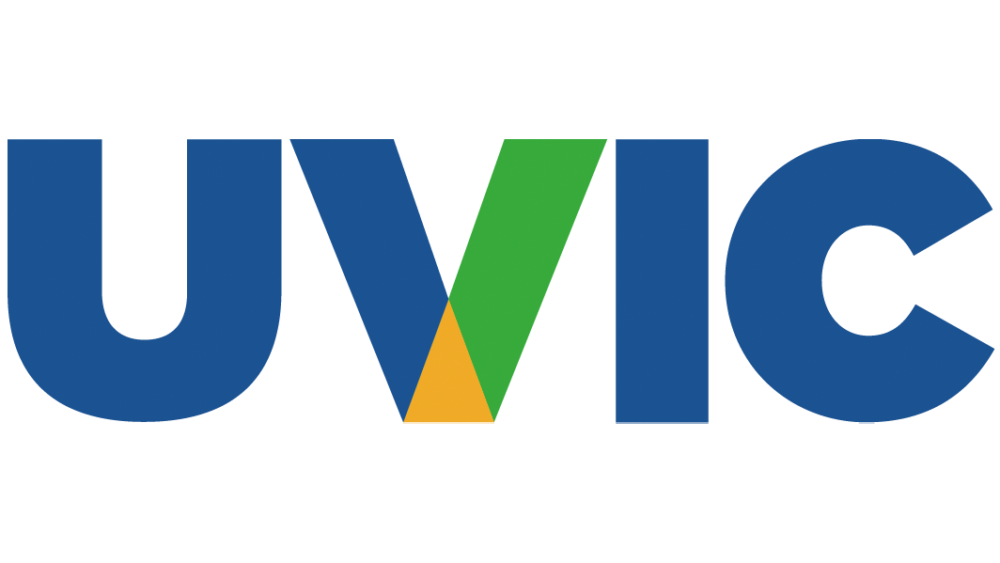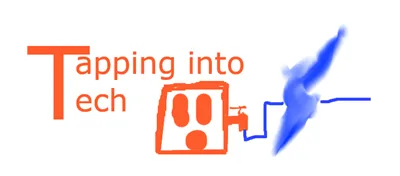This guest post was written by Dr. Alison Gerlach, Associate Professor/Associate Director of the School of Child & Youth Care at the University of Victoria


Positive relationships between families with young children with disabilities and medical complexity and service providers in Early Child Development and Intervention (ECDI) are a fundamental cornerstone and outcome of care in this sector. Spending time fostering, or in some cases, rebuilding relationships of trust and safety is also central to cultural safety, trauma- and violence-informed, and anti-racism approaches.
Community Voices on Tapping into Tech is a two-year, province-wide, community-driven project that looked at how technology could improve northern and rural families’ access to early child development and intervention services.
Key findings
The findings summarized in a recent report, A Relationship Focused & Technology-enhanced Approach to Early Child Development & Intervention in Northern and Rural Communities in BC, are highly relevant for all regions of BC, including urban settings and organizations seeking to provide low-barrier access to ECDI for historically underserved communities and families.
The findings reinforce the need for an intentional relationship-focused mindset using a coaching approach regardless of the mode of service delivery. Also, there is a need to routinely offer communities and families access to services and programs both in person and virtually, tapping into a range of information and communication technologies depending on what works best for each family. Examples of technologies covered in the report include texting and checking in, connecting via social media platforms, creating and sharing multimedia content, using video recordings, and offering therapy options via videoconferencing.
Enhancing the capacity of the ECDI sector
The study’s findings point to an approach that is implicitly equity-oriented as it responds to issues of power, flexibility, and tailoring programs and services with (not for) communities and families. The final report offers concrete options to enhance the capacity of the ECDI sector to better support children and families. These options go from improving tech infrastructure to increasing organizations’ tech know-how, investing in coaching training, implementing clear privacy policies and broadening the scope of direct services.
Regardless of whether services are in-person or virtual, increasing access to ECDI services and programs requires a system that recognizes and supports the time organizations and service providers need to build and maintain connections and relationships with families, communities, and Nations.
Learn more about the findings and recommendations in the full report here


